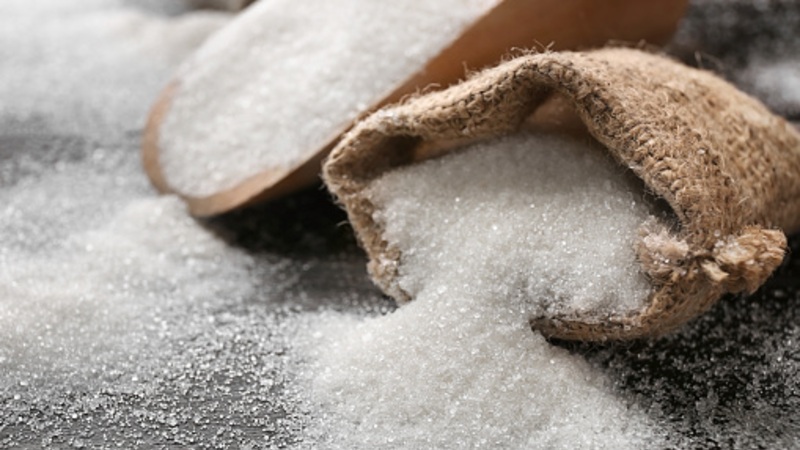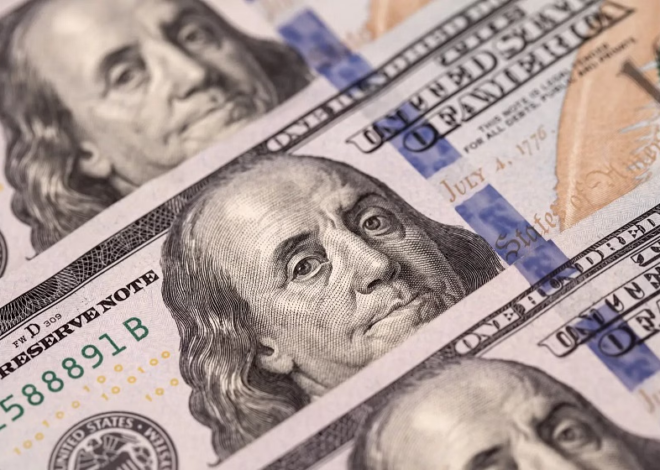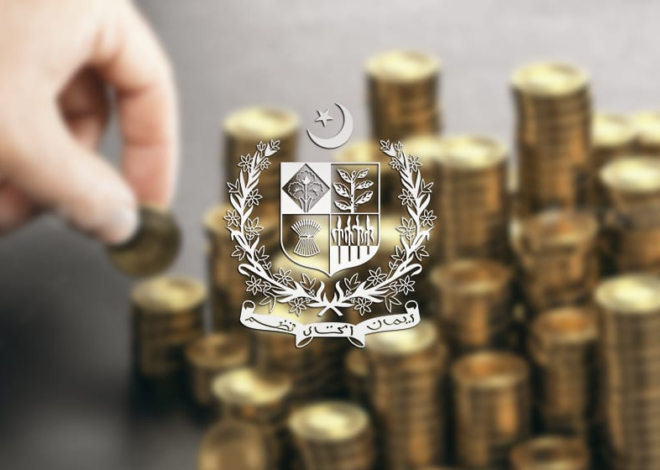
Sugar prices to further rise in Pakistan

Despite the government’s attempts to regulate sugar prices and prevent them from becoming unaffordable for the common people, the cost of sugar has already risen significantly. It is currently being sold at Rs. 160 per kg in retail, which is a substantial increase from Rs. 98 per kg in mid-April, marking a rise of over 60 percent.
The incoming caretaker setup is now taking charge, and the government has entered a regulatory mode to address the escalating sugar prices. However, both sides are attributing different reasons for the surge in sugar prices over the past three months.
To stabilize prices, the Punjab Government has introduced the Food Stuff Order 2023, empowering the district administration to procure stock from sugar mills and supply it in the market. Those found hoarding sugar may face legal action, including imprisonment for up to three years. Despite these efforts, almost a dozen sugar mills still have around 0.2 million tons of sugar they can’t retain for more than fifteen days.
Critics argue that sugar mills have earned illegal profits of up to Rs. 25 billion since April, as sugar prices cannot be increased without government approval through the Sugar Advisory Board. Furthermore, sugar already sold is not being released from warehouses and is being traded again to drive up prices.
The Minister for National Food Security & Research raised concerns about fudged export numbers, suggesting that exports may have contributed to the price hike. However, the Pakistan Sugar Mills Association (PSMA) contends that rising production costs, reaching Rs. 130 per kg, and a 70 percent increase in markup rates are the primary reasons behind the price surge, not exports.
Market sources believe that these regulatory actions may not have a lasting impact, and any changes in retail prices will be temporary. They predict that the government, particularly during the caretaker setup, may not have the ability to exert long-term control over sugar prices. Additionally, the recent announcement of minimum support prices for sugarcane by provincial governments may further affect market pricing.








